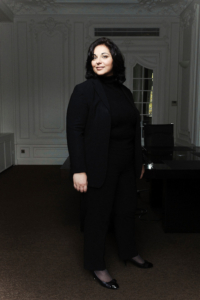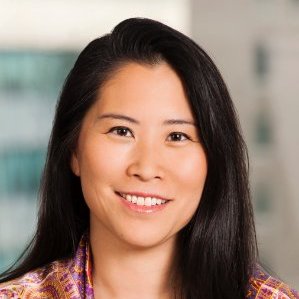Can introverts successfully lead in business?
After the publication in 2012 of Sara Cain’s New York Times bestselling book, Quiet: The Power of Introverts in a World that Can’t Stop Talking, there has been a rallying cry for introverts everywhere. Cain’s TED talk in February 2012 is lauded by introverts who feel validated and uplifted by her message.
In her TED talk, Cain expounds on the value of introverts to creativity and innovation, but do these qualities translate to effective leadership?
Examples of Successful Introverts
In a 2013 article in Forbes, Victor Lipman, a management communications coach and retired insurance company executive, reflected on his career and the hundreds of executives he worked with. He writes, “…there are just a handful who come to mind as universally admired and respected. Oddly enough, they were all quiet individuals who could all easily be considered introverts – and all shared the same constellation of characteristics.”
Lipman notes that these introverted leaders were universally measured in their responses, highly analytical, good listeners, naturally risk averse, and the frequently the voice of reason. He continued, “Their voice was not the loudest but was often the most listened to.”
Bestselling author, chairman of Avon Products, and former CEO and President of Campbell Soup Company, Doug Conant, writes in a 2011 article that he scores high on the introversion scale. He says, “In meetings, introverts can often be perceived as aloof, disinterested, shy or retiring. … When viewed from the outside, it may seem that I’m not openly contributing as much as I could or should, but that’s just because I’m busy listening and thinking.”
If you are an introvert, know that you can be perceived this way, but remember, too, that listening deeply and thoroughly can give you an advantage when you provide well thought out input after you have processed all of the information presented to you.
A recent article in Entrepreneur indicated the benefits of listening and the importance of honing this soft skill as a business leader. “Typically, we choose leaders for their skill at conveying messages clearly and powerfully. But it is listening that distinguishes the best leaders from the rest. That’s because the better you are at listening, the more likely people will talk to you.”
When leaders listen, they are more likely to actually hear an employee who shares the next big, industry-changing idea. Employees who possess leadership traits have the potential to really thrive when they feel like their ideas are being heard. If you are naturally introverted, you can use your ability to listen and make others feel heard to your advantage.
Mike Jones writes in the Entrepreneur article, “The business world has never been altogether friendly to introverts. Yet roughly four in 10 top executives — including Larry Page, co-founder and now CEO of Google, identify as one. What’s more, their success may not come despite their natural introversion, but because of it, an idea backed up by new research suggesting introverts foster a better team environment than their more outgoing peers.”
The Research
A 2011 study concluded that while extraverts are more likely to be perceived as leaders, their leadership does not always lead to increased group performance. The study by Adam Grant (University of Pennsylvania), Francesa Gino (Harvard University) and David Hofmann (University of North Carolina at Chapel Hill), concluded “…when employees were not proactive, extraverted leadership was associated with higher group performance. However, when employees were proactive, this pattern reversed, so that extraverted leadership was associated with lower group performance.”










